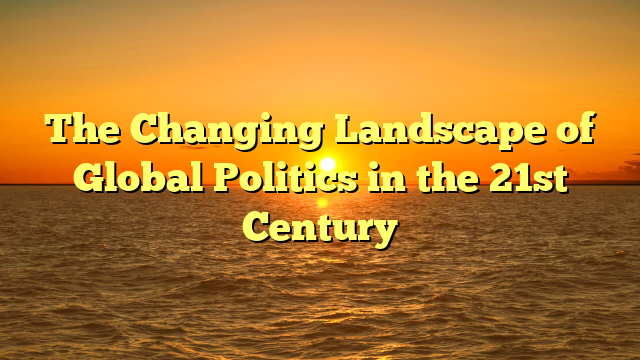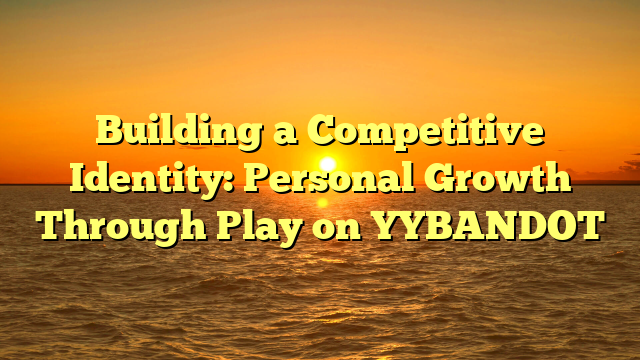
Politics in the 21st century is undergoing profound transformation. Driven by technological innovation, shifting global power dynamics, and increasing public demand for transparency and accountability, the political environment across nations is more complex and interconnected than ever before. Traditional power structures are being challenged, and new forms of political engagement are emerging, reshaping how governments interact with their citizens and with each other.
One of the most significant changes in recent years has been the rise of populism. From the United States to Brazil, from Hungary to the Philippines, populist leaders have gained prominence by tapping into public frustration with political elites, economic inequality, and perceived threats to national identity. These leaders often present themselves as outsiders who will “drain the swamp” or restore control to “the people.” While populism can give voice to marginalized groups, critics argue it often undermines democratic institutions and fosters division.
In ketua123 , the digital revolution has transformed how politics is practiced. Social media platforms such as X (formerly Twitter), Facebook, and TikTok have become powerful tools for political communication, activism, and even misinformation. Politicians can now bypass traditional media to speak directly to their audience, while grassroots movements can organize protests and campaigns at unprecedented speed. However, the same tools have also been exploited to spread fake news, manipulate public opinion, and polarize societies. The debate over regulating tech platforms is becoming central to discussions about the future of democracy.
Another defining feature of modern politics is the rise of global challenges that transcend national borders. Climate change, pandemics, cyber threats, and economic instability require coordinated international responses, yet political will for multilateral cooperation often falls short. Institutions like the United Nations, the World Health Organization, and international climate conferences play crucial roles, but are frequently hindered by geopolitical rivalries and national interests.
Geopolitically, the balance of power is shifting. The dominance of Western liberal democracies, particularly after the Cold War, is being tested by the emergence of China as a global superpower, the resurgence of Russia on the international stage, and the growing influence of regional powers like India, Turkey, and Iran. This multipolar world has led to new alliances, rivalries, and uncertainties. Issues such as Taiwan, Ukraine, and global trade wars highlight how localized tensions can have far-reaching global consequences.
At the same time, there is growing pressure for domestic political reform in many countries. Citizens around the world are demanding greater accountability, inclusivity, and participation. Movements such as Black Lives Matter in the United States, pro-democracy protests in Hong Kong, and women’s rights campaigns in Iran and Afghanistan reflect a global appetite for change. Youth participation in politics is also rising, with younger generations leading the charge on issues like climate justice, gun control, and digital rights.
Yet, the road ahead is fraught with challenges. Political polarization is deepening in many democracies, leading to legislative gridlock, weakened trust in institutions, and increased civil unrest. In authoritarian regimes, repression is growing, with dissenting voices being silenced and democratic norms eroded. The rise of artificial intelligence and surveillance technologies also raises serious concerns about privacy, control, and the future of free societies.
In conclusion, politics in the 21st century is a dynamic and evolving field. It reflects the tensions between globalization and nationalism, innovation and regulation, power and accountability. While the challenges are significant, so too are the opportunities. As political systems adapt to changing realities, the role of informed, engaged citizens becomes more important than ever. By understanding these trends and participating actively, people can help shape a more just, sustainable, and democratic world.





